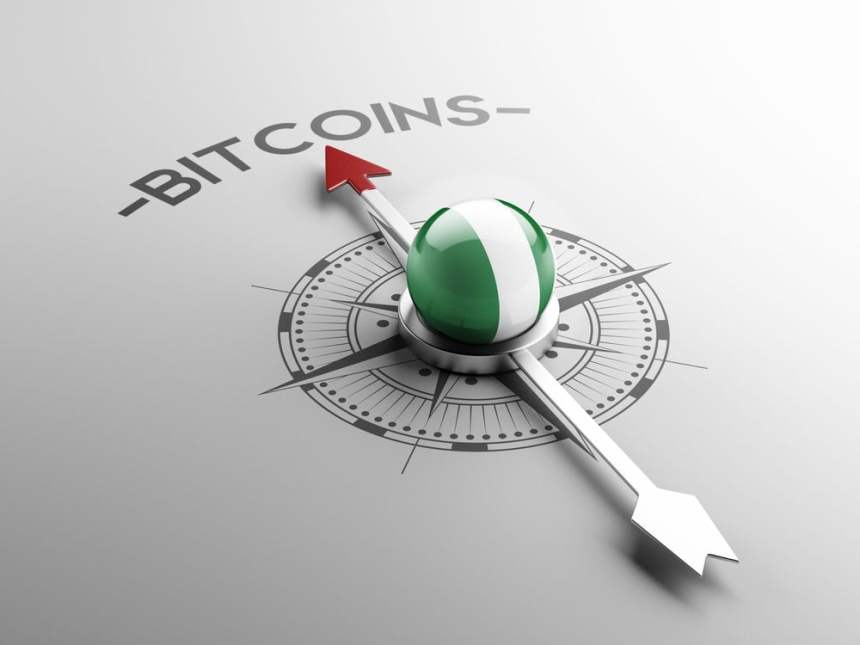The demand for Bitcoin has surged skywards in the African nation of Nigeria. The country’s weekly Bitcoin exchange volumes since mid-December 2016 have increased to more than NGN 400 million, which is close to $1.3 million.
The increasing demand for cryptocurrency in Nigeria was reported by a leading African tech magazine. The magazine makes use of the available data from LocalBitcoins — a peer to peer Bitcoin marketplace to present its case. The Nigerian cryptocurrency community has access to multiple Bitcoin platforms, and LocalBitcoins is just one among them. The Bitcoin demand among Eurozone nations on the platform is found to be on par with that of Nigeria’s volumes.
The increase in demand also coincides with the increasing traffic from the region. Website data indicate that over 16% of visitors on LocalBitcoins are from Nigeria. Even the internet search trends in the country show a significant increase in Bitcoin-related searches. The publication speculates multiple reasons for such an increase.
The increasing use of internet and technology in the region is one of the reasons leading to a progressive increase in cryptocurrency usage among Nigerians. The first reason seems quite harmless, but the one that follows is a bit of a concern. The most infamous Ponzi scheme, MMM is gathering steam in the region. Many investors continue to ignore multiple warnings issued by various national and international bodies and invest in MMM. With the Ponzi scheme supporting Bitcoin investments, there is a probability of some people buying Bitcoin from LocalBitcoins and other platforms to invest in it.
Also, acceptance of Bitcoin as a mode of payment is increasing in the country. Platforms like Bitpesa are already promoting the use of digital currency for not just domestic but also international transactions. Bitpesa recently introduced a B2B platform that enables Nigerian businesses to transfer funds to their Chinese counterparts, directly into their bank accounts. It allows companies to continue buying goods and supplies using a faster and more efficient payment method.
Nigerian importers who had to depend upon unreliable banking and couriers for money transfer can now easily pay for their imports not just from China, but also from Europe and the United States.
All these new developments have familiarized the Nigerian population with Bitcoin, driving adoption and in turn demand.
Ref: IT Web Africa | Image: Shutterstock
